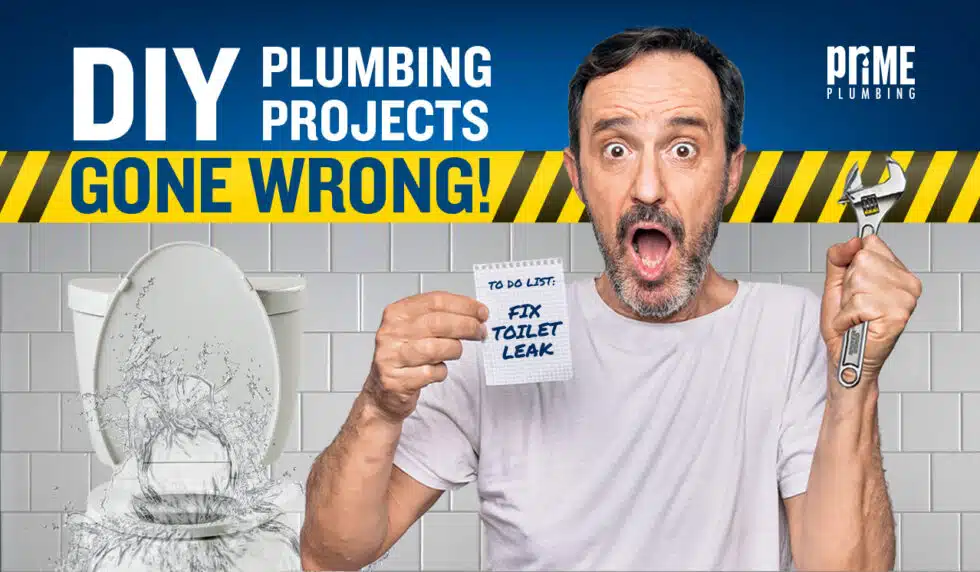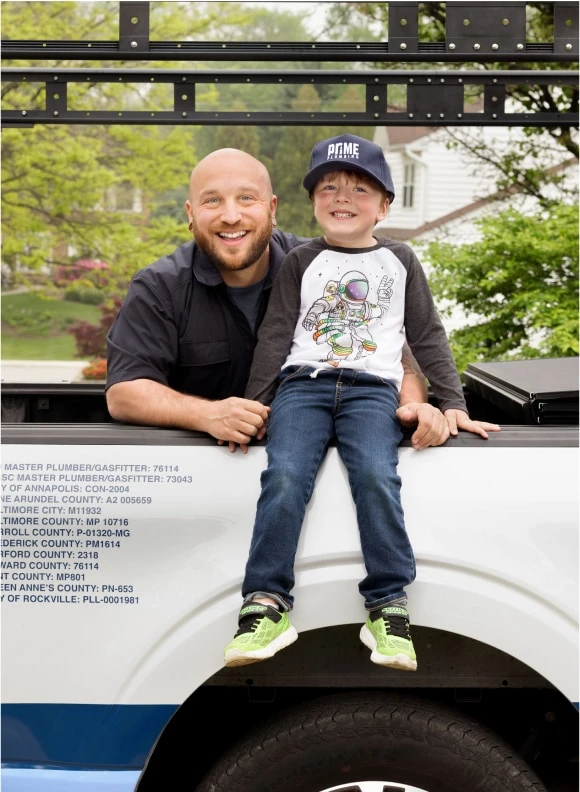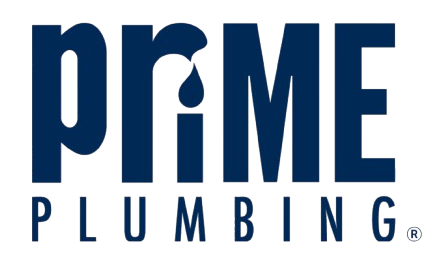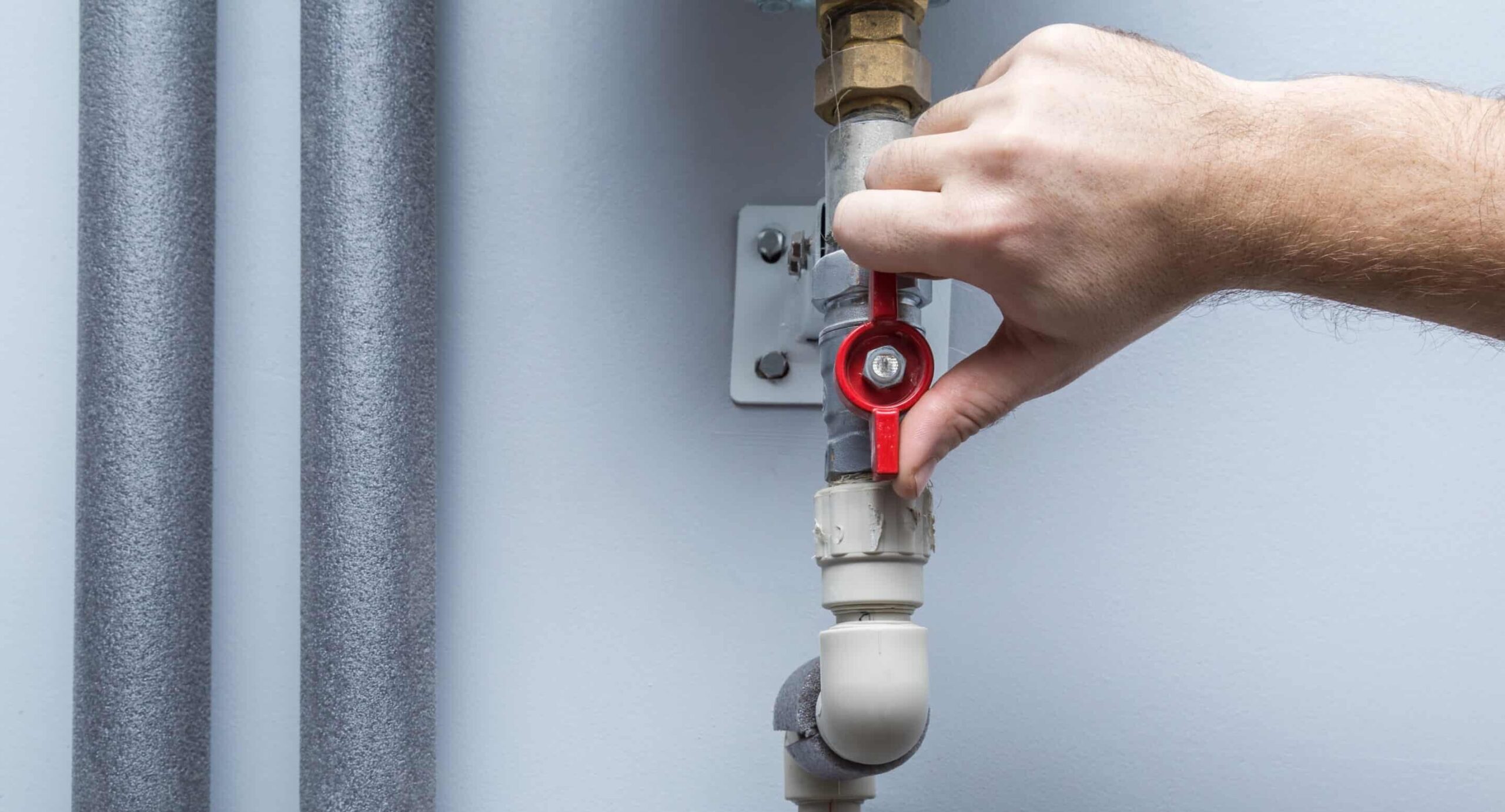Service 7 Days a Week

Proudly Serving Central Maryland
DIY Plumbing Projects Gone Wrong!

Save Time, Call Prime!
With Father’s Day approaching, we’d like to shout out to all the DIY Dads! We all know you’ve had your share of plumbing projects gone wrong, but that’s never stopped you from trying again (and again). It’s not just about the mishaps; it’s about the memories created and the life lessons learned when dads show us that no challenge is too big or gross to overcome. Here’s to the flooded basements, dripping faucets, and unexpected geysers that have taught us the importance of perseverance and a sense of humor.
While we absolutely appreciate the can-do attitude of dads who proclaim, “We don’t need a plumber! I’ve watched enough YouTube tutorials to earn an honorary plumbing degree. Hand me my trusty wrench,” DIY is not always the wisest choice.
So why discourage Dad from tackling a leaky pipe with his pipe wrench and a roll of duct tape? Aside from the potential for indoor waterworks, it can be physically and financially dangerous for a nonprofessional to attempt certain plumbing repairs.
8 Reasons To Avoid DIY Plumbing
- Amateur plumbing repairs can cause damage or worsen existing problems.
- Improper plumbing repairs or installations can lead to leaks, flooding, or water damage, which can be expensive to repair and encourage unhealthy mold and mildew growth. Additionally, homeowner insurance will likely not cover damages that result from improper repairs.
- An inexperienced person may accidentally damage gas lines, which can trigger a fire or explosion, or sewer lines, which can release toxic gasses or create a fire hazard.
- Plumbing lines are often located near electrical systems, increasing the risk of electrocution. Also, water leaks can lead to electrical shorts, raising the risk of electric shock or fire.
- Many plumbing projects require specialized tools or equipment that few homeowners own. Using the wrong tools can damage pipes and fixtures or cause injury.
- Plumbing work must adhere to local building codes and regulations and often requires a permit. DIY projects may inadvertently violate these codes, leading to fines, penalties, or needing to redo the work, which can be costly.
- Manufacturers’ warranties often require licensed plumbing repairs or installations to remain valid. Performing DIY work may void manufacturer warranties on appliances or fixtures, leading to higher costs if issues arise later.
- DIY plumbers can run the risk of serious injury. Plumbing work can involve physically demanding tasks, such as lifting heavy equipment or working in tight spaces. Injuries can occur if proper safety measures are not taken.
Which DIY Plumbing Projects Are Least Likely To Go Wrong?
Embarking on a plumbing project can be a rewarding experience if it’s within your skill set and doesn’t pose any significant risks. Here are a few DIY projects that, when approached with caution and common sense, are less likely to end in disaster:
- Upgrading an outdated or leaking faucet: Updating can enhance your kitchen or bathroom’s aesthetic and functionality. Make sure to shut off the water supply, follow the manufacturer’s instructions, and have the appropriate tools on hand to ensure a successful installation.
- Unclogging a drain with a plunger or a drain snake: Instead of using harsh chemicals that can damage pipes and harm the environment, use baking soda, vinegar, and hot water to clear a clog.
- Fixing a running toilet: A running toilet can waste about 200 gallons of water daily. Investigate the flapper, fill valve, or flush valve for any issues, as these components can often be replaced without a plumber.
- Replacing your showerhead: This is a simple way to improve your shower experience while conserving water. Use plumber’s tape on the threads to prevent leaks, and follow the product instructions for installation.
- Replacing a sink aerator: A sink aerator helps control water flow and save water. Unscrew the old aerator, wash out accumulated minerals or debris, and replace it, or install a new one to ensure efficient water usage and avoid clogging.
- Adding insulation to exposed hot water pipes: Insulation can help reduce heat loss and save energy. Measure and cut the insulation to fit your pipes and secure it according to the product instructions.
- Regularly draining and flushing your water heater: This routine maintenance can improve efficiency and life span. Follow the manufacturer’s guidelines for proper care, and always exercise caution when working with a water heater.
While these projects are generally safer and less likely to end in disaster, knowing your limitations and seeking professional help when necessary (or just needing a break) is crucial. If you need expert plumbing help in Baltimore, MD, call Prime Plumbing at 443-741-1129 for prompt and professional service.
As always, Prime Plumbing is here to help. Save Time, Call Prime.
The Difference With Prime
Get a FREE second opinion on water and sewer service, and septic repair/replacements!
Don’t Just Take Our Word for it

Why Choose Prime Plumbing?
Professional Services at an Affordable Price
- Transparent Pricing
- No Additional Charges for Overtime
- Flexible Financing Solutions
- Thorough Employee Background Checks
- Complimentary Second Opinions


